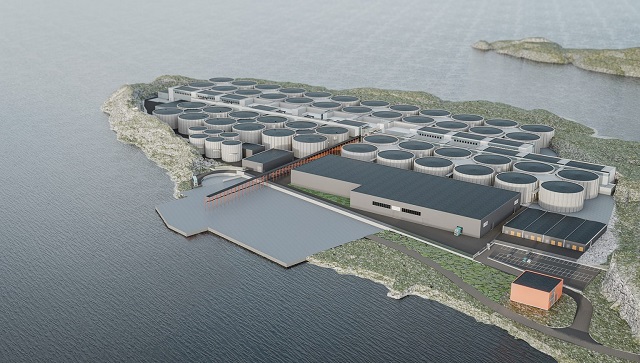
News
Industry update
Management
Korean fishing giant partners with Salmon Evolution in land-based aquaculture project
July 31, 2020 By Nestor Arellano

South Korean fishing giant Dongwon Industries has invested US$ 5.5 million in Norwegian firm Salmon Evolution in a bid to extend its reach into the land-based aquaculture industry.
The agreement will see the two companies work towards using Salmon Evolution’s technology in order to build a land-based fish farm in South Korea. The partners will also consider future opportunities for similar projects in Asia and North America, according to a press release from the companies.
Dongwon is considered as one of the largest fishing companies in South Korea. It has also recently bought American tuna company, Starkist.
Earlier, the Dongwon Group had signed a memorandum of understanding with South Korea’s National Fisheries Research and Development Institute for the development of the country’s fishery industry.
“Collaboration with a global player like Dongwon Industries will strengthen our commercial opportunities as well as giving us solid industrial support for scaling our concept in new markets,” said Håkon André Berg chief executive officer of Salmon Evolution.
Print this page